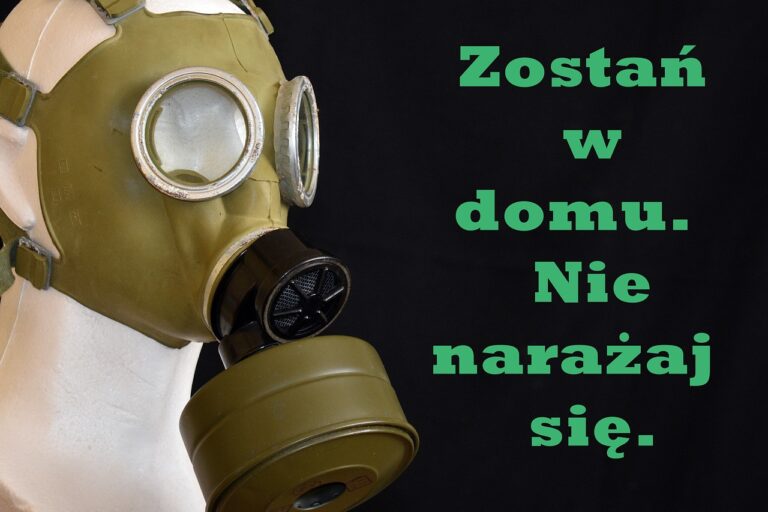Recognizing and Addressing PTSD in Refugees: Culturally Sensitive Approaches
all panel mahadev, mahadev book login, allpanel login:Recognizing and Addressing PTSD in Refugees: Culturally Sensitive Approaches
When refugees flee their homes due to war, persecution, or other forms of violence, they often face a myriad of challenges that can have long-lasting effects on their mental health. Post-Traumatic Stress Disorder (PTSD) is a common mental health condition among refugees, affecting individuals who have experienced or witnessed traumatic events. Recognizing and addressing PTSD in refugees requires a culturally sensitive approach that takes into account the unique cultural backgrounds and experiences of those seeking refuge in a new country.
Understanding PTSD in Refugees
PTSD is a mental health condition that can develop after a person has been exposed to a traumatic event, such as war, torture, or natural disasters. Symptoms of PTSD can include flashbacks, nightmares, insomnia, anxiety, and depression. Refugees are particularly vulnerable to developing PTSD due to the traumatic events they have experienced before and during their journey to seek safety in a new country.
Culturally Sensitive Approaches to Addressing PTSD in Refugees
1. Building Trust: Establishing trust with refugee communities is essential in addressing PTSD. Many refugees come from cultures where mental health is stigmatized, so building rapport and trust with mental health professionals is crucial.
2. Understanding Cultural Norms: Recognizing and understanding the cultural norms and beliefs of refugee communities is essential in providing effective mental health care. For example, some cultures may view mental health symptoms as a sign of weakness or spiritual possession.
3. Providing Trauma-Informed Care: Trauma-informed care is an approach that recognizes the widespread impact of trauma and helps individuals feel safe and empowered in their recovery process. This approach is particularly important for refugees who have experienced multiple traumas.
4. Offering Culturally Relevant Therapies: Providing culturally relevant therapies, such as narrative therapy or group therapy, can help refugees process their traumatic experiences in a culturally sensitive way.
5. Collaborating with Community Leaders: Working with community leaders and organizations within refugee communities can help mental health professionals gain a better understanding of the needs and challenges faced by refugees.
6. Providing Interpretation Services: Language barriers can be a significant obstacle in addressing PTSD in refugees. Providing interpretation services can help ensure that refugees can effectively communicate their needs and symptoms.
Working towards a More Inclusive Approach
Recognizing and addressing PTSD in refugees requires a holistic and inclusive approach that takes into account the cultural backgrounds and experiences of those seeking refuge. By building trust, understanding cultural norms, providing trauma-informed care, offering culturally relevant therapies, collaborating with community leaders, and providing interpretation services, mental health professionals can work towards ensuring that refugees receive the support they need to heal from their traumatic experiences.
FAQs
Q: How common is PTSD among refugees?
A: PTSD is a common mental health condition among refugees, with studies showing that up to 40% of refugees may experience symptoms of PTSD.
Q: What are some common barriers to addressing PTSD in refugees?
A: Some common barriers include language barriers, cultural stigmas around mental health, lack of access to mental health services, and trauma from the resettlement process.
Q: How can I support refugees experiencing PTSD?
A: You can support refugees by listening to their experiences, providing a safe and supportive environment, referring them to mental health services, and advocating for policies that support mental health care for refugees.







